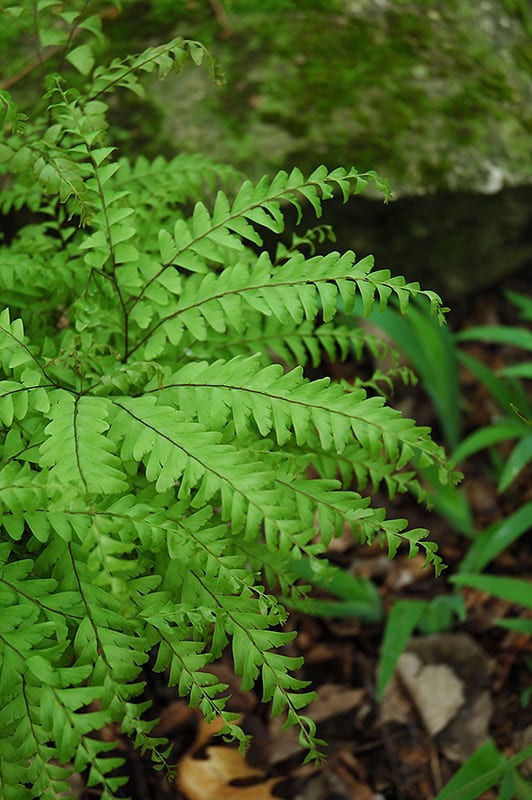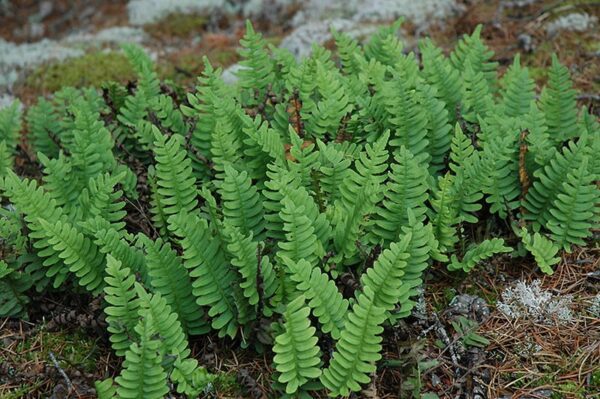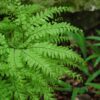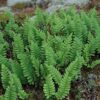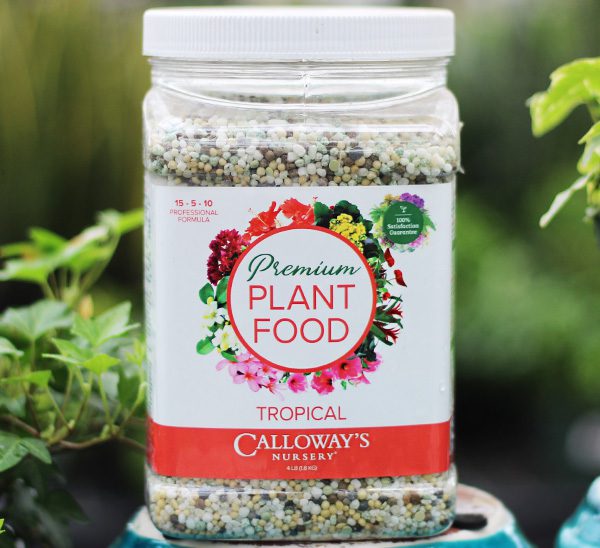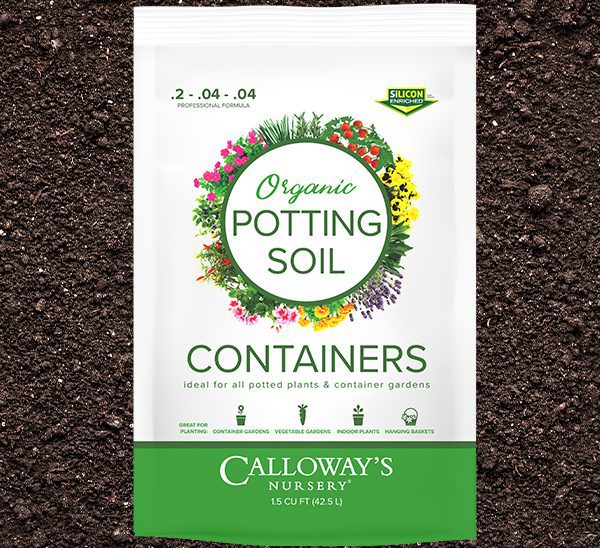Images provided by NetPS Plant Finder Tool
Northern Maidenhair Fern
Maidenhair ferns are dainty yet detailed ferns that add elegance to any given space. When in hanging baskets, these ferns will grow outwards and then begin growing down to form a trailing look.
Please contact your local store for product availability.
Find a garden center near you.
Species: pedatum
Plant Height: 18 in.
Spread: 24 in.
Evergreen: No
Plant Form: arching
Summer Foliage Color: light green
Minimum Sunlight: shade
Maximum Sunlight: partial shade
Northern Maidenhair Fern's crinkled ferny compound leaves are light green in color. As an added bonus, the foliage turns a gorgeous gold in the fall. Neither the flowers nor the fruit are ornamentally significant. The black stems are very colorful and add to the overall interest of the plant.
Northern Maidenhair Fern is an herbaceous fern with a shapely form and gracefully arching fronds. It brings an extremely fine and delicate texture to the garden composition and should be used to full effect. This is a relatively low maintenance plant, and usually looks its best without pruning, although it will tolerate pruning. Deer don't particularly care for this plant and will usually leave it alone in favor of tastier treats. It has no significant negative characteristics. Northern Maidenhair Fern is recommended for the following landscape applications; Mass Planting, Rock/Alpine Gardens, General Garden Use, Groundcover, Naturalizing and Woodland Gardens
Northern Maidenhair Fern will grow to be about 18 inches tall at maturity, with a spread of 24 inches. Its foliage tends to remain dense right to the ground, not requiring facer plants in front. It grows at a slow rate, and under ideal conditions can be expected to live for approximately 15 years. This plant does best in partial shade to shade. It prefers to grow in moist to wet soil, and will even tolerate some standing water. It is not particular as to soil pH, but grows best in rich soils. It is highly tolerant of urban pollution and will even thrive in inner city environments, and will benefit from being planted in a relatively sheltered location. Consider applying a thick mulch around the root zone over the growing season to conserve soil moisture. This species is native to parts of North America, and parts of it are known to be toxic to humans and animals, so care should be exercised in planting it around children and pets. It can be propagated by division.
